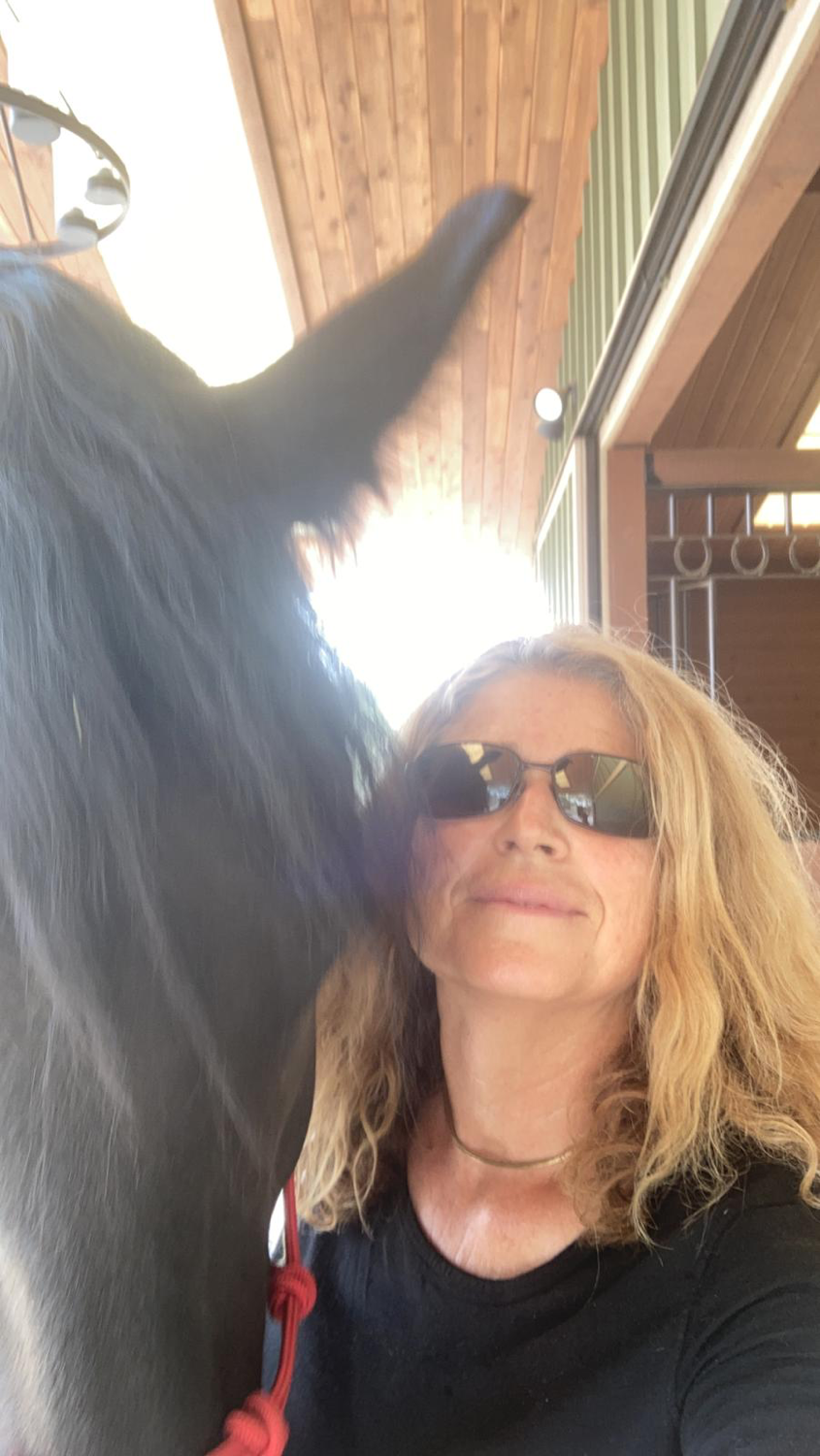Correct Saddle Fit
- Zsuzsu

- Jun 5, 2018
- 2 min read

The basic principles of saddle fit remain the same whether english, western or endurance. The saddle must accommodate both the rider’s uniqueness in terms of pelvis, seat and legs and the horse’s back shape, length, width and movement.
The saddle tree must protect the horse’s spine, including the very important wither area, as well as the areas close to the spine that cannot bear weight. In addition, the bars and/or panels need to distribute the weight of the rider evenly over as large an area possible on the large muscle surface of the horse’s back. At the same time the saddle must not bear any weight past the 18th rib.
The saddle must not impinge on the horse’s shoulder movement while allowing the horse to use its back athletically; to engage, round its back, use its hind end and be able to “sit”.
The saddle should allow the rider to sit so that there is an easy alignment from hip joint to ankle regardless of riding style or sport.
Since many or all these components can change regularly, checking and evaluating saddle fit every 6 – 12 months is highly recommended.
SIGNS OF A BAD SADDLE FIT - HORSE
Sore Back – White spots on coat – Muscle atrophy on back
Girthy or fidgety while being tacked
Will not stand while being mounted
Behavior issues that cannot be solved through changes in training
Behavior changes from sweet to grumpy as soon as tack is brought out or tacking begins
Cannot concentrate on rider, spooky
Rushing downhill or towards jumps
Tripping or stumbling
Unable to round back or use hind end
Unexplained lameness
Cannot move to next level of performance
SIGNS OF A BAD SADDLE FIT - RIDER
Insecure feel in saddle
Upper and lower back, seat, hip, and/or knee pain
Difficult to impossible to maintain balanced, aligned position
Seat, legs and hands cannot work independently
Struggling to sit back or come forward in saddle
Cannot move to next level of riding skill
BEFORE AND AFTER REBALANCE WORK

Before

After







Comments